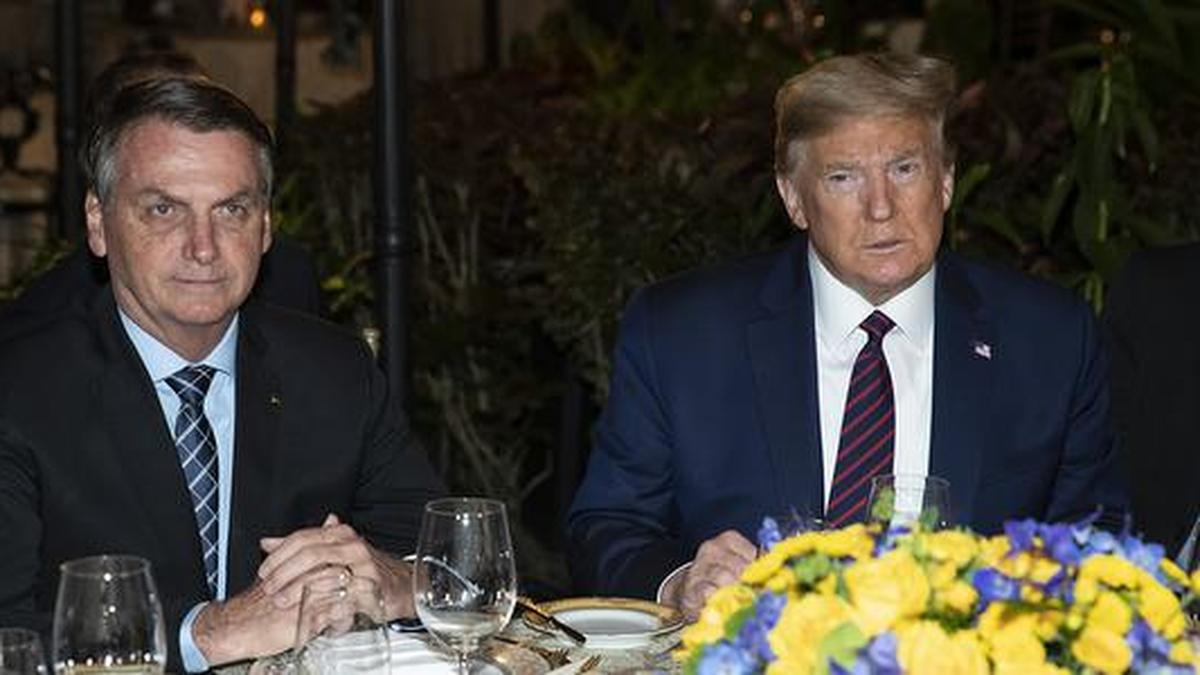
With Trump returning to the White House, Brazil displays a judicial path not taken by the U.S.
The Hindu
A comparison of democratic challenges in the US and Brazil, with differing institutional responses to political turmoil.
A polarised nation. A right-wing populist casting doubt on the electoral system then refusing to concede. A riot by his supporters in the capital aiming to keep him in power.
This isn’t just the story of Donald Trump, but also that of Brazil’s Jair Bolsonaro. The Western Hemisphere’s two largest democracies faced similar challenges in 2020 and 2022, respectively, but their institutional responses have been dramatically different.
Brazil moved swiftly to rule Mr. Bolsonaro ineligible for office until 2030, a penalty that could be extended by ongoing criminal investigations. In Washington, however, Republicans in the Senate helped acquit Mr. Trump in an impeachment trial that would have prevented him from seeking the presidency again.
Brazil’s democracy is young, having emerged from military dictatorship four decades ago. The ghost of authoritarianism, which led millions to watch the new movie I’m Still Here, continues to haunt many Brazilians — although Mr. Bolsonaro, an outspoken cheerleader of the past regime, still won his first presidential race handily.
By contrast, the U.S. of 2020 had no memory of homegrown authoritarianism, which “gave rise to a lot of naivete,” according to Steven Levitsky, author of How Democracies Die.
Mr. Levitsky said the U.S. lacks effective constitutional mechanisms that, for better or worse, can ban parties and candidates deemed a threat. Brazil’s Constitution was written in the wake of the dictatorship and in response to it, providing tools to prevent coups, according to anthropologist Isabela Kalil, a coordinator of the Extreme Right Observatory, a research group based in Minas Gerais state.
The Constitution grants the electoral authority authorisation to void candidacies or unseat politicians voted into office in situations that undermine the legitimacy of elections. The authority has the power to enforce decisions nationwide, unlike in the U.S. where each state determines whether someone can appear on its ballot.













